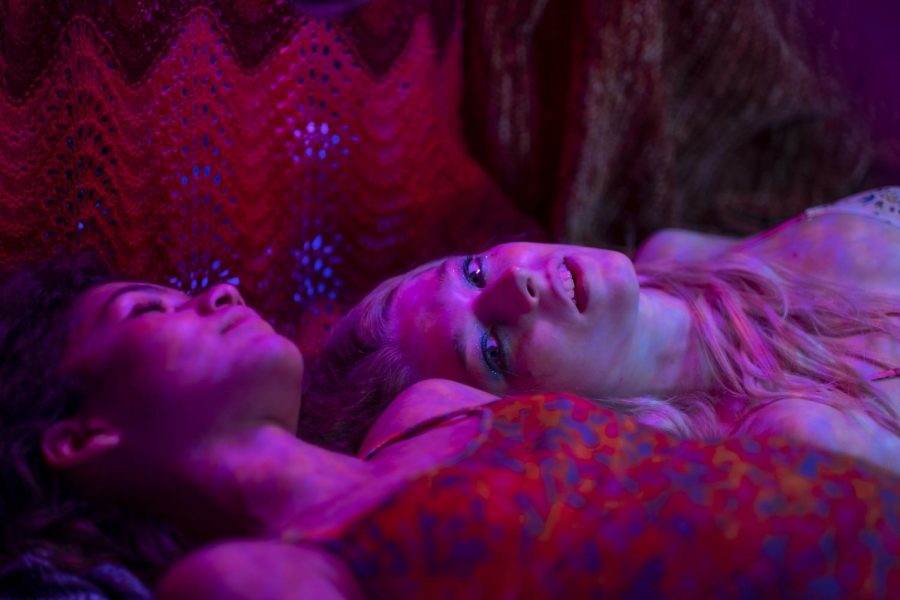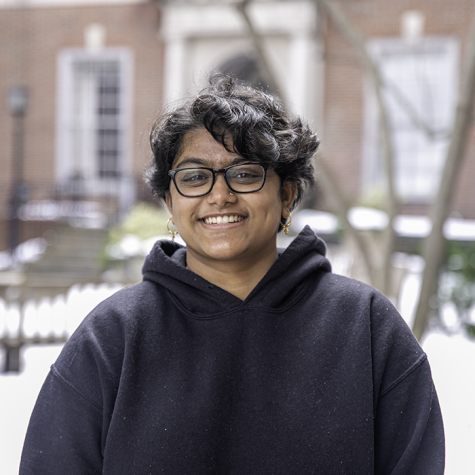Opinion: For what ‘Euphoria’ gains in drama, it lacks in genuine representation
Despite the popularity of Euphoria, the HBO show suffers for its lack of non-exploitative representation. This is fuelled by a glaring absence of diversity in writers and creative directors.
“Euphoria,” first released in 2019 on HBO, stars Zendaya and Hunter Schafer as Rue Bennett and Jules Vaughn, respectively. (Photo by Eddy Chen/HBO, courtesy of Warner Media)
February 1, 2022
Content warning: This article mentions sexual assault.
Sam Levinson is, among other things, an egomaniac. He is the sole writer and creator of the hit HBO television series “Euphoria.” Unfortunately, the highly anticipated second season is falling flat and many viewers are noticing why: Levinson writes stories empowered by experiences he does not hold.
“Euphoria” is a funhouse mirror, taking the very real experiences of present-day American teenagers and reflecting an exaggerated and dramatic image that tugs at the audience’s emotions. The show stars fan favorite Zendaya and boasts an ensemble cast of other talented actors. Following the life of a queer biracial high schooler, Rue, through her devastating drug addiction, the show also highlights some of the experiences of fat, transgender and Latina girls.
Still, the majority of the cast is white, and some of the show’s non-white fans want a more racially diverse main cast. However, HBO must not only involve a more diverse cast, but also writers who can bring relevant perspectives to the table.
Though the show is not exceptionally diverse, its characters of color, LGBTQ+ characters and characters from other marginalized communities already suffer from Levinson’s inadequate writing. Levinson is a heterosexual white man in his 40s — and it shows.
The only Black male lead character in the first season, McKay (Algee Smith), is a football prodigy — already an extension of the common racist stereotyping of Black boys and men as hyper-athletic — in his first year of college. Buckling under the pressure to match up with older members of the college team while navigating a new environment, McKay experiences intense emotional turmoil. This turmoil peaks when McKay is sexually assaulted by members of his team and his fraternity brothers as part of a hazing ritual. Levinson does not give the character fair time to process, grieve or truly react. In fact, the sexual assault McKay endures is never mentioned for the rest of the season except in passing comments made by Cassie (Sydney Sweeney), his white girlfriend, to her friends.
McKay is absent for the vast majority of the second season, a disappearance which remains unexplained. His role as the only Black male lead is replaced by Elliot (Dominic Fike) in season two — a drug addict, another racist stereotype.
This enablement of stereotypes extends to Kat (Barbie Ferreira). Purportedly, Ferreira and Levinson disagreed on the direction of her character in the upcoming season, leading to reduced screen time. In this scant screen time, we see Kat struggle with her self-image and self-hatred — a painfully predictable and disappointing storyline for one of the few fat women on television. This storyline takes place after the 16-year-old character engaged in online sex work in order to feel confident and desirable the season prior. Tragically, Kat does not get the chance to recover from this traumatic experience and is instead reduced to a cliché as McKay was.
It seems as though Levinson writes for shock and drama without ever caring to resolve the many traumas he pushes his marginalized characters through. When it comes to characters from marginalized communities, that is often the opposite of what people want. Marginalized people want stories that represent the length and breadth of their experiences, good and bad. Most of all, they want their stories, especially the sensitive ones, to be told with respect.
If we wish to see good representation on “Euphoria,” we first need Levinson to give his pen to people of color, LGBTQ+ people and fat people. Asking this of Levinson is likely to be unfruitful. Between the first and second seasons, there are seldom episodes that feature the writing of others.
Levinson is not the guy — and “Euphoria” is not the show — to give us the representations of our communities that we want.
It is reasonable to want positive representation in hit shows. In fact, it’s not much to ask at all. But we cannot limit representation to those in front of the camera. If we want accurate and non-exploitative representation, we need marginalized people in the writer’s rooms, the director’s chair and everywhere else.
Contact Srishti Bungle at [email protected].

























































































































































